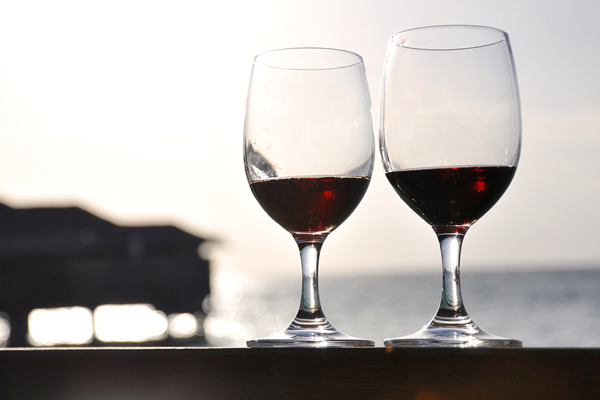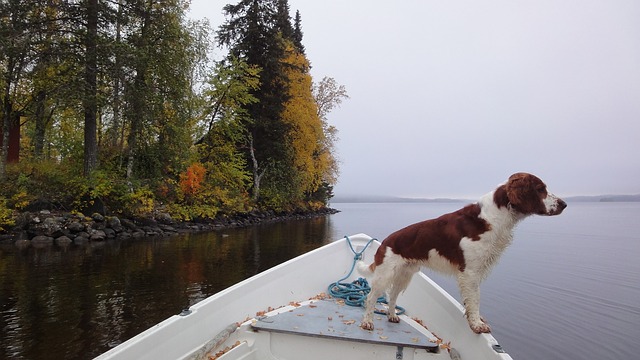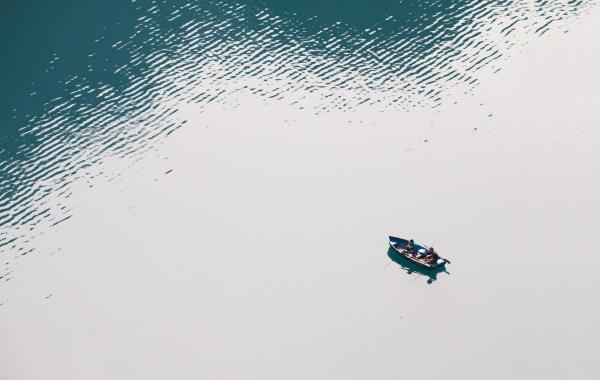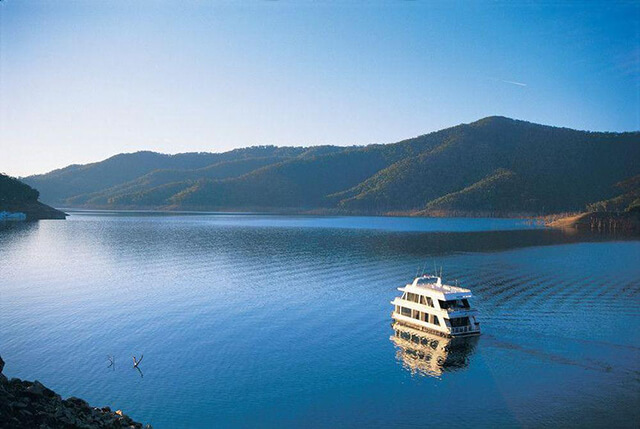If your passion is primarily for sustainable seafood, you’ll be pleased to know that there are a wide variety of different careers that you can choose to pursue that will help you live out your dreams. At Maritime and Safety Training, we specialise in training and certification courses that will allow you to unlock the career path you were always destined for. If you’ve always been interested in a career in aquaculture, for example, the rewarding and exciting position of seafood farmer might be right up your alley.
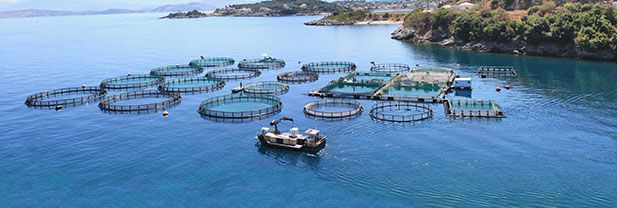
What is Aquaculture?
Aquaculture, also commonly known as aquafarming, is a type of activity defined as the cultivation of aquatic plants that will later be used for the purposes of food, or the rearing of water-based animals in various locations all over the world. Many people use seafood farmers interchangeably with terms like commercial fishing, but this is actually a common misconception. Commercial fishing involves harvesting fish that are located in the wild, while being a seafood farmer involves harvesting and raising fish that are bred in captivity for that specific purpose.
What is the Job of a Seafood Farmer Like?
The daily responsibilities of a seafood farmer can take many different forms. The actual facility that fish farmers spend most of their time in is called a fish hatchery. If you’re a fish farmer, you could be responsible for supplying or maintaining the hatchery, picking out the species of fish that you’re going to be working with, choosing and working with equipment designed for this purpose and more. You could also play a vital role in the oyster farming industry. The oyster industry is worth a mammoth $35 million per year in New South Wales alone, and is tipped for growth long into the future. You could have your share of one of the 3200 aquaculture leases currently administered by NSW DPI.
Out of all of the fish species that are used by seafood farmers on a daily basis, trout, barramundi, perch and eels are by far the most common. Our growing aquaculture industry, along with our sustainably managed wild-catch sector, provides a profitable, competitive industry alongside ample career growth well into the next generation.
Regardless of the type of position you’re trying to pursue, Maritime and Safety Training is proud to be your source for all of your licensing and general educational needs. We offer a vast selection of different courses that you can choose from depending on what path you see yourself following on your quest towards fun and adventure on the open road. All of our courses are designed to be simultaneously convenient and comprehensive, allowing you a clear avenue to get the training that you need for the adventure of a lifetime.


